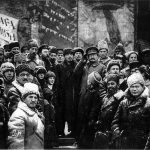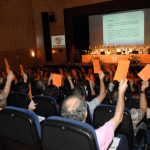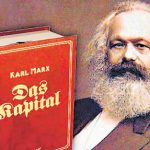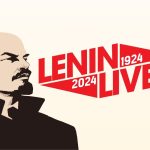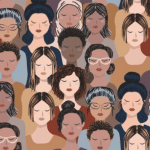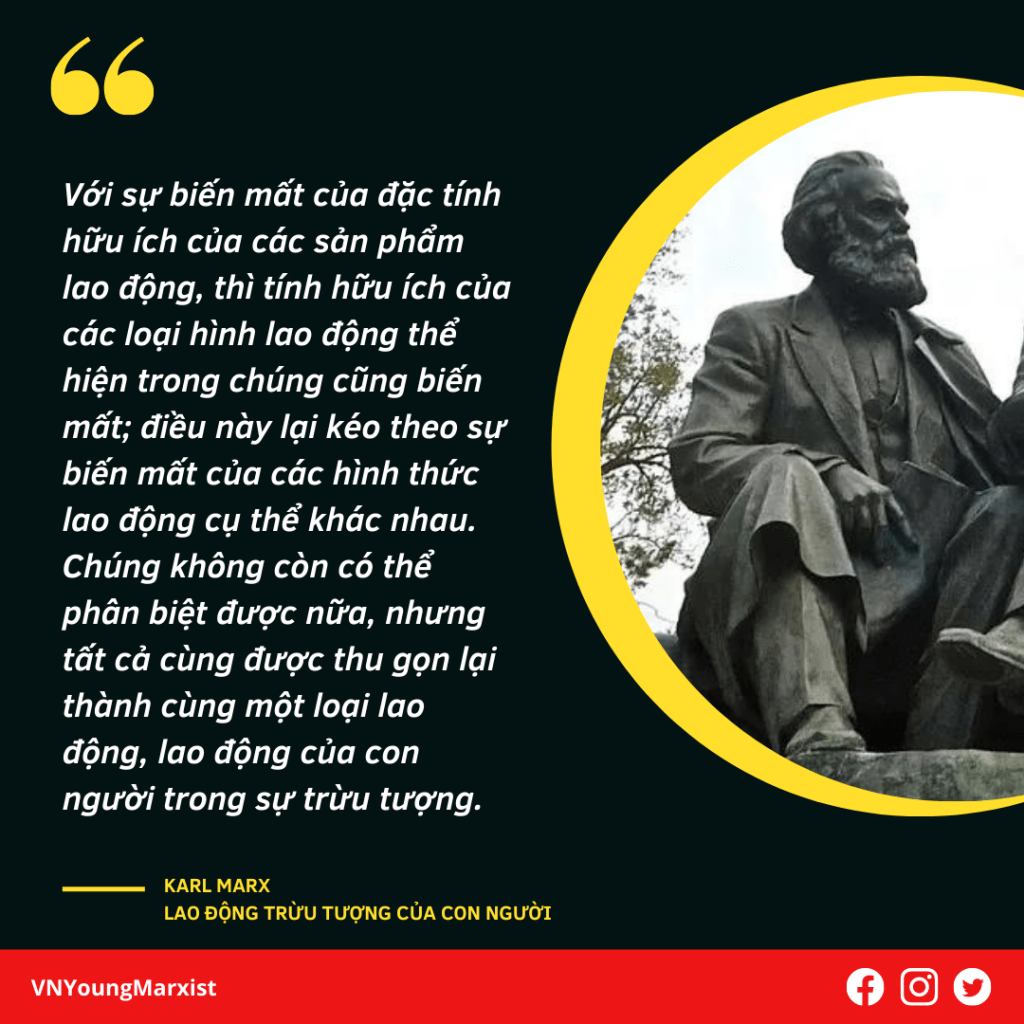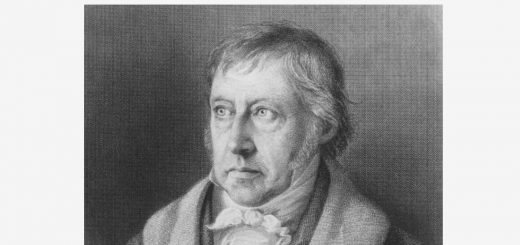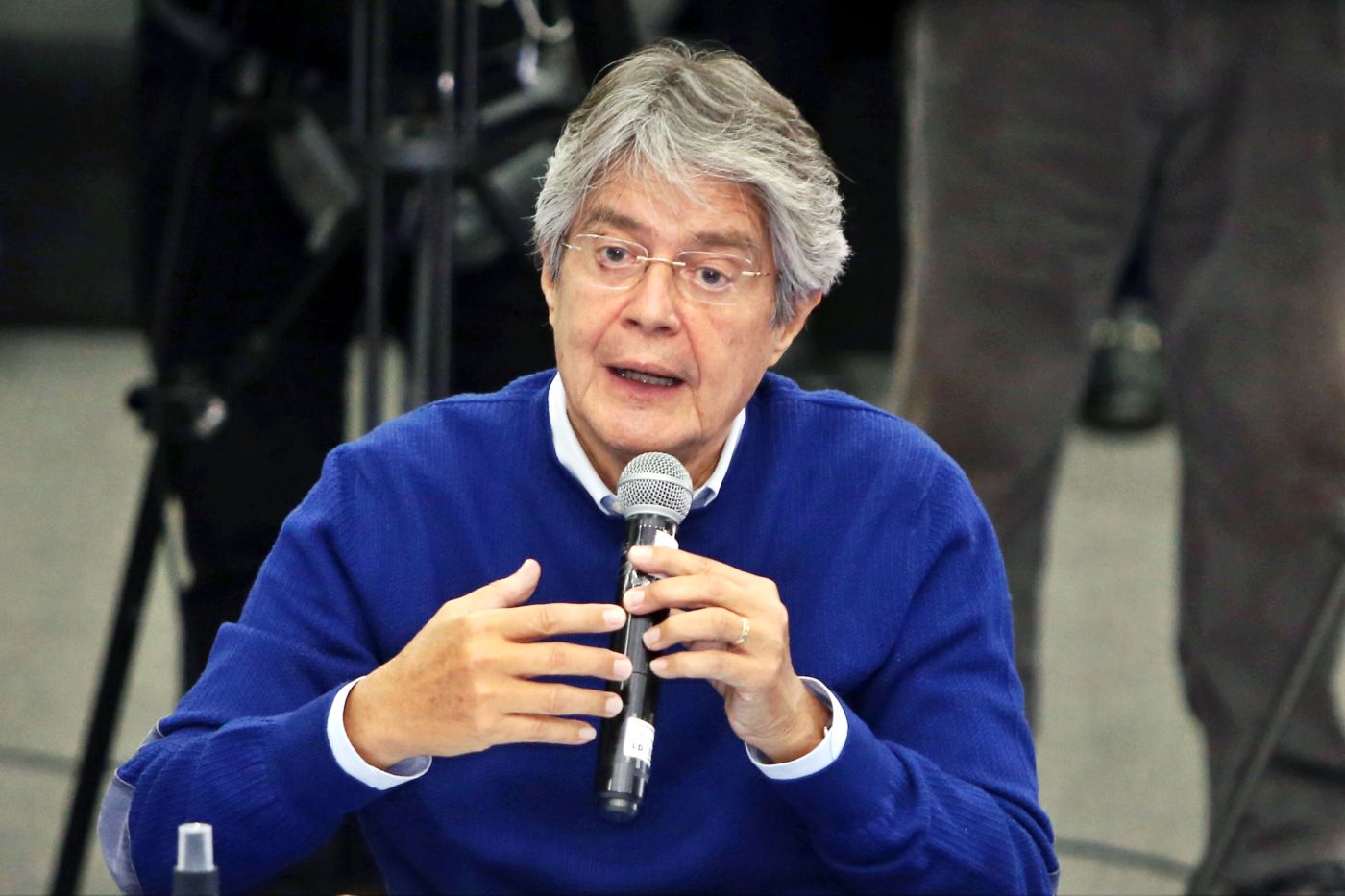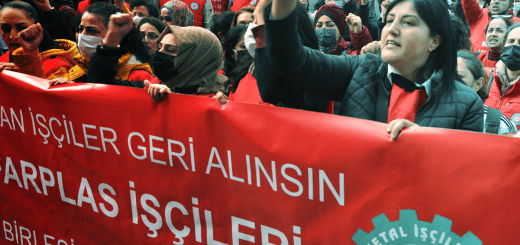Yes, Rosa was against the “The Right of Nations to Self-Determination”
Everything is rooted in the controversy of Rosa and Lenin. Lenin stated in 1903 that his difference with Rosa on this issue (her party stormed out of the congress of Lenin’s party in that year over her objection to Point 7 of its program supporting national self-determination) was that he held that oppressed nationalities had the RIGHT (but not the obligation) to self-determinationstated in 1903 that his difference with Rosa on this issue (her party stormed out of the congress of Lenin’s party in that year over her objection to Point 7 of its program supporting national self-determination) was that he held that oppressed nationalities had the RIGHT (but not the obligation) to self-determination As for Rosa, she opposed the “right of nation to self-determination” and most typically what people always criticized her for was that she opposed the Polish “rights to self-determination” and opposed the “c national liberation” Poland. Why does a wise Marxist who is said to have continued Marx’s “Capital” hold such a view? However, is it true that Lenin and Rosa opposed each other on the issue of “national self-determination”?
- Rumors of conflict between Rosa and Lenin.
Is it true that Lenin was a “pro” national liberation and fully supported national liberations without considering the historical circumstances of that country? Was Rosa against the independence of Poland?
In fact, in Lenin’s argument for Polish national liberation, he was not wrong when he said:
“Those interests dictate categorically that, in all three states that have partitioned Poland, the Polish workers should fight unreservedly side by side with their class comrades. The times are past when a bourgeois revolution could create a free Poland: today the renascence of Poland is possible only through a social revolution, in the course of which the modern proletariat will break its chains” – The national question in our Program – Vladimir Lenin.
It is strange that Rosa, who was rumored to be opposed to the liberation of Poland, shared Lenin’s views :
“On the other, “the Polish proletariat should use its strength to insure that its class will make the greatest mark on the decisions of that organ of national self-government.“ Here the class will of the Polish proletariat is expressly opposed to the passive will of the Polish “nation.” The class will of the proletariat can obviously leave “its mark” on the decisions of the Warsaw constituent assembly only if it is clearly and expressly formulated; in other words, the class party of the Polish proletariat, the Socialist Party, must have a well-defined program with respect to the national question, which it can introduce in the Warsaw constituent assembly a program which corresponds not to the will of “the nation” but only to the will and interests of the Polish proletariat. – The National Question – Rosa Luxemburg
It is clear from Lenin’s and Rosa’s points of view that both were in favor of the liberation of Poland and that no one opposed it. However, the benefits from national liberation or the right to self-determination must belong to the proletariat, just as the person carrying out the revolution must be the proletariat.
What they both agree on is that they are against a pioneering bourgeois revolution on the national question. If the bourgeoisie leads the proletariat to liberate the nation then it is no longer in the interests of the proletariat, but they have become tools in the hands of the bourgeoisie, the proletariat will never be free if they follow the path laid out by the bourgeoisie.
On the other hand, Lenin insisted that he was not a nationalist who blindly supported national liberations. He was completely on the side of the proletariat people; he advocated the liberation of the proletariat, the oppressed and so was Rosa.
The two best friends like Rosa and Lenin had been side by side to discuss politics and giving each other advice, always. It is inexplicable why there were such conflicting rumors that were very illogical to separate them. It is time for the gossip about the conflict of “national self-determination” between Rosa and Lenin to disappear.
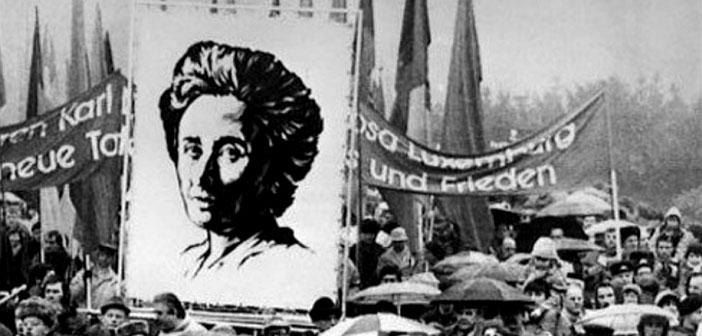
2. Rosa opposed “national self-determination”.
Rosa did not object to national liberation and true national self-determination. Specifically, for the Swiss national revolution, Rosa was relentless in giving her words of support.
“From the point of view of the ”right of nations to self-determination,” the Swiss uprising obviously deserves the sympathy of socialists on all scores. There is no doubt that the aspirations of the Swiss to free themselves from the Hapsburg yoke were an essential expression of the will of the “people” or a huge majority of them. The national movement of the Swiss had a purely defensive character, and was not informed by the desire to oppress other nationalities..” – The National Question – Rosa Luxemburg
So what she is actually opposing and criticizing is the “right of national self-determination” offered by the opportunists, by the majority-voting bourgeoisie, and by the legislatures.
“There can be no talk of a collective and uniform will, of the self-determination of the “nation” in a society formed in such a manner. If we find in the history of modern societies “national” movements, and struggles for “national interests,” these are usually class movements of the ruling strata of the bourgeoisie, which can in any given case represent the interest of the other strata of the population only insofar as under the form of “national interests” it defends progressive forms of historical development, and insofar as the working class has not yet distinguished itself from the mass of the “nation” (led by the bourgeoisie) into an independent, enlightened political class. – The National Question – Rosa Luxemburg
For the existing bourgeois in Poland, what they want is the “right of national self-determination” that comes from nationalism, which comes from placing one country above another and increasing the conflict between countries. The bourgeoisie cried out “democracy” and “equality” for everyone through the issue of “national liberation”. However, the “democracy” that the bourgeoisie uses to deceive the people is inherently meaningless. They only represent the outward appearance to enrich the bourgeoisie itself.
“On this basis, scientific socialism has revised the entire store of democratic clichés and ideological metaphysics inherited from the bourgeoisie. Present-day Social Democracy long since stopped regarding such phrases as “democracy,” “national freedom,” “equality,” and other such beautiful things as eternal truths and laws transcending particular nations and times. On the contrary, Marxism regards and treats them only as expressions of certain definite historical conditions, as categories which, in terms of their material content and therefore their political value, are subject to constant change, which is the only “eternal” truth” – The National Question – Rosa Luxemburg
As for “rights” Rosa thinks it’s hard to define the word “rights” when it comes from the blessing of the bourgeoisie. That is, if there is “rights” it means that there is an inequality present in class society. And to whom should the “right” really be given? the workers, the proletariat or the rulers? Those who enact and legislate according to the bourgeois system?
“The “nation” should have the “right” to self-determination. But who is that “nation” and who has the authority and the “right” to speak for the “nation” and express its will? How can we find out what the “nation” actually wants? Does there exist even one political party which would not claim that it alone, among all others, truly expresses the will of the “nation,” whereas all other parties give only perverted and false expressions of the national will? All the bourgeois, liberal parties consider themselves the incarnation of the will of the people and claim the exclusive monopoly to represent the “nation.” But conservative and reactionary parties refer no less to the will and interests of the nation, and within certain limits, have no less of a right to do so.” – The National Question – Rosa Luxemburg
However, that does not mean that Rosa is against the “rights”. She believes that every individual is entitled to his rights but not bourgeois rights. Like everyone has the right to own personal property and has the right to speak. Many rights which have been won by the bourgeoisie are also important rights for the working class, e.g. the right to equality before the law and to be judged by one’s peers; the right to own property; freedom of speech; the right to autonomy of one’s own body; equality of women,…. Some rights, a few, are particular to the bourgeoisie and are not defended by the proletariat: mainly the right of private ownership of social means of production; the right to privileges in public activities like the law, health, and education based on wealth. And workers have rights which are particularly working-class rights: the right to freedom of association, for example.
Workers need their rights whatever kind of state they have.
In addition, Rosa points out that liberating the nation based on bourgeois or nationalist systems will only make things worse. Smaller countries will have to live in dependence on large countries, without an international voice and politically impotent.
“The development of world powers, a characteristic feature of our times growing in importance along with the progress of capitalism, from the very outset condemns all small nations to political impotence. Apart from a few of the most powerful nations, the leaders in capitalist development, which possess the spiritual and material resources necessary to maintain their political and economic independence, “self-determination,” the independent existence of smaller and petty nations, is an illusion, and will become even more so. The return of all, or even the majority of the nations which are today oppressed, to independence would only be possible if the existence of small states in the era of capitalism had any chances or hopes for the future. Besides, the big-power economy and politics – a condition of survival for the capitalist states – turn the politically independent, formally equal, small European states into mutes on the European stage and more often into scapegoats. Can one speak with any seriousness of the “self-determination” of peoples which are formally independent?” – The National Question – Rosa Luxemburg
So what exactly is “national self-determination”? The “nation” is a name representing the proletariat in each country. And the task of the proletarian parties of those countries is to fight oppression, which does not come from “nationalism” but must come from the interests of the proletariat, the interests of the oppressed. A “nation” is like a class in that it is historically constructed through the joint struggle for freedom, not individual freedom, but freedom realized collectively by the construction of a state capable of repelling outside enemies and securing conditions for the free development of the people of that nation … within, of course, the class relations existing among the relevant people, whether that is bourgeois/capitalist or some other system – as well as a culture binding people together. The borders are secondary but may become “touchstones” of the integrity of the nation. The land is an important artifact facilitating the interactions between all the people who make up the nation.
Promoting a national liberation from the proletariat is not really an easy thing, even to this day. For Rosa, the most important thing in her theory and practice is the maturity of the working class through demonstrations and mutual solidarity. They will accumulate and become experiences for the working class to grow stronger. However, in order for the working class to stay on the right track and be rational, Rosa constantly mentioned a Communist Party – a proletarian Worker’s Party with a proletarian dictatorship, leading in the class struggle, help workers grow their ideology and continue to wage the international proletarian struggle.
“When, finally, liberals of the Manchester School demand that the wage worker be left completely to his fate in the struggle with capital in the name of “the equality of citizens,” we unmask that metaphysical cliché which conceals the most glaring economic inequality, and we demand, point-blank, the legal protection of the class of wage workers, thereby clearly breaking with formal “equality before the law.”” – The National Question – Rosa Luxemburg
The only difference in the debate over the national question in Poland between Lenin and Rosa was that Lenin was quick to advocate for the proletariat in Poland to immediately launch a revolution and support the independence of each country. This is shown in ‘The rights of Nation to Self-determination’ by Lenin. However, as a daughter of Poland, understanding the maturity level of the Polish working class through the experiences they have accumulated, she supported an international national liberation revolution. Rosa believes that the Polish proletariat cannot carry out on its own and fight for self-determination. On the one hand, because they are not yet fully mature, on the other hand,it is that she held that calls for self-determination in lands with a potentially revolutionary industrial proletariat steered the revolution into bourgeois channels. The PPS, the leading socialist party in Poland at the time which had deep roots in the working class, was in favor of self-determination: Rosa fiercely opposed them, not because she thought the PPS was bourgeois (it wasn’t) but because she held that calls for national independence in Poland had become a diversion from waging the class struggle for socialism. On this Lenin disagreed.
“The current revolution does not call for an independence movement in Poland;”
In other words, the Polish people can realize its “right” to self-determination only when it has the actual ability, the necessary force for this, and then it will realize it not on the basis of its “rights” but on the basis of its power.” – The National Question – Rosa Luxemburg
In addition, the struggle for national liberation for the proletariat does not mean the complete eradication of the cultural characteristics of the nation. She advocates that the proletariat must simultaneously free itself from its shackles and defend its culture and language, not with nationalism but with internationalism.
“our proletariat can and must fight for the defense of national identity as a cultural legacy, that has its own right to exist and flourish. And today our national identity cannot be defended by national separatism; it can only be secured through the struggle to overthrow despotism and solidly implant the advantages of culture and bourgeois life throughout the entire country, as has long since been done in Western Europe.” The Poland Question – Rosa Luxemburg
3.Rosa Luxemburg and conflict with Karl Marx on the issue of national liberation.
This was an important step for Rosa because she said she dared to “question Marx”. She believes that all historical conditions have changed and greatly influenced Marx’s view of that day on “national self-determination”.
Specifically, in the first example, Rosa analyzed how historical circumstances would radically change opinions on the national question. She gave the example of the Crimean war of 1855, where all socialists including Marx, Engels, and Liebknecht went against the Slavs and sided with the Turks. In this regard, Marx said that the Slavs were a product of the Tsar, so he has constantly supported the independence and freedom of Turkey. However, in 1890, everything changed when the Democratic Party supported Turkish independence, arguing that Turkey would bring economic interests and be Russia’s backyard.
“Social Democracy was not contrary to the current of objective development, but with it, and, profiting from its conclusions, it defended the interests of European civilization by supporting the national movements within Turkey. It also supported all attempts to renew and reform Turkey from within, however weak the social basis for such a movement may have been.” – The National Question – Rosa Luxemburg
She then took the Czech and Polish examples. At this time he supported the independence of the Polish nation and supported all forces to liberate Poland. At the same time, however, she condemned Marx for turning his back on the Czechs and not asking for their rights through “national self-determination”.
“There is no doubt that from the point of view of the “right of nations to self-determination” the Czechs deserved the support of the European socialists and democrats no less than the Poles. Marx, however, did not pay any attention to that abstract formula, and hurled thunderbolts at the heads of the Czechs and their aspirations for freedom, aspirations which he regarded as a harmful complication of the revolutionary situation, all the more deserving of severe condemnation, since, to Marx, the Czechs were a dying nationality, doomed to disappear soon” – The National Question – Rosa Luxemburg
And one last important example is the Swiss and Hungarian problem.
Rosa considered the Swiss movement to be a purely defensive movement, unwilling to oppress other nations and deserving of the support of the socialists. However, Marx and Engels viewed the Swiss movement as a reactionary movement and supported the Hungarian movement, which Rosa said, helped the Vienna government suppress the Italian revolution.
“From the point of view of the ”right of nations to self-determination,” the Swiss uprising obviously deserves the sympathy of socialists on all scores. There is no doubt that the aspirations of the Swiss to free themselves from the Hapsburg yoke were an essential expression of the will of the “people” or a huge majority of them. The national movement of the Swiss had a purely defensive character and was not informed by the desire to oppress other nationalities. It was intended only to throw off the oppression of a foreign and purely dynastic invader. Finally, this national movement formally bore all the external characteristics of democratism, and even revolutionism, since the people were rebelling against absolute rule under the slogan of a popular republic.” – The National Question – Rosa Luxemburg
“And despite the indisputable two-edged character of the Magyar movement, obvious in the flunkeyism with which the Hungarian revolutionaries helped the Vienna government to suppress the Italian revolution, the creators of scientific socialism sharply criticized the Swiss uprising as a reactionary event, while they supported fervently the Hungarian uprising in 1848.” – The National Question – Rosa Luxemburg
However, Rosa’s pointing out the mistakes of Marx and Engels is not to attack them but to let us know that historical conditions contribute greatly to changes in past analyses, and need avoid the traps set up for us by the capitalist system.
Also for today, Rosa could be wrong due to historical conditions change but at least she gave us a dialectic material to analyze our current situation.
Today, the national question and national liberation are still urgent issues that we need to discuss. From Palestine, Myanmar to the oppressed countries of the Middle East and Latin America, we have a situation where workers are oppressed by states that the workers themselves created. Also, history has shown that nations do not fade away, but continue to demand their rights and their lands, like the Kurds, the Palestinians, the Australian Indigenous people, and the minority peoples in South East Asia. Part of the struggle to free themselves from oppressive states is for workers to help the oppressed nationalities gain national rights, such as the right to use their own language and for control over their traditional lands. We must learn about the issue of “national self-determination” to fight for them and also support the spirit and strength of the ruling class. products for international solidarity. Only internationalism can truly bring us self-determination, national liberation, and preservation of national cultures.
Written by Sally Mju
Mèo Mju kêu meo meo

